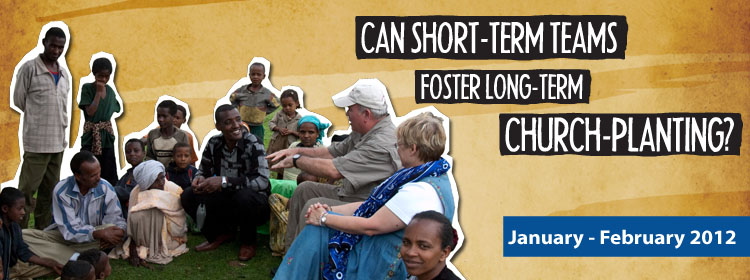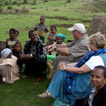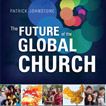 Editorial
EditorialLearning from the Mission Field How to Plant Churches
Short-term missions are legendary for their pitfalls and problems. We have spoken numerous times in MF about our concerns and the damage that many short-term mission efforts have done. Poorly prepared teams of people going on poorly-planned and -coordinated expeditions at exorbitant cost to sensitive mission fields have often been the norm rather than the exception. But many thoughtful leaders have sought to overcome these problems and have developed the Standards of Excellence in Short-Term Missions. Every church or mission group should study these guidelines and learn from them before sending out their next short-term mission team. Go to http://www.soe.org for more information. Another helpful part of the preparation for short-term team members is to have them go through the Perspectives course before they leave? Go to http://www.perspectives.org for more information. Online study is also available.
Tags: short-term mission




















comments